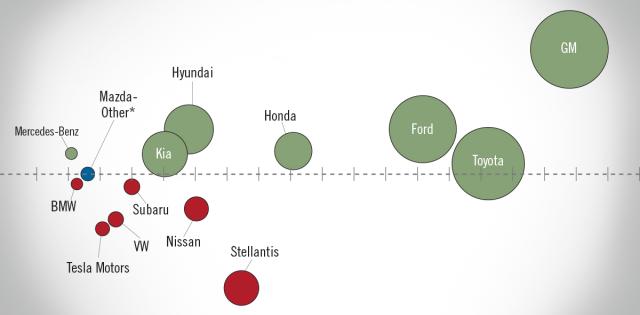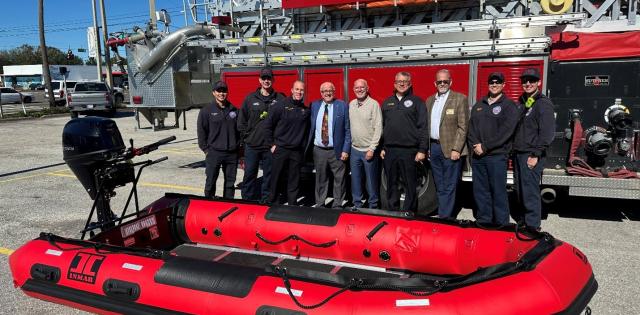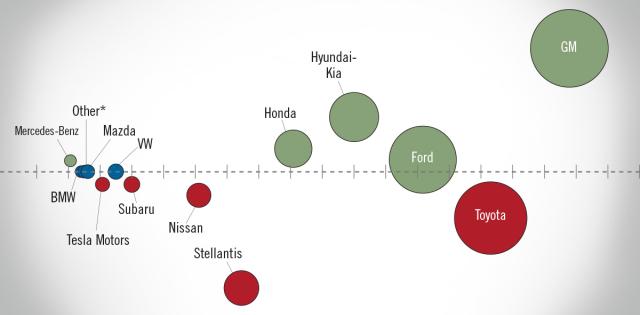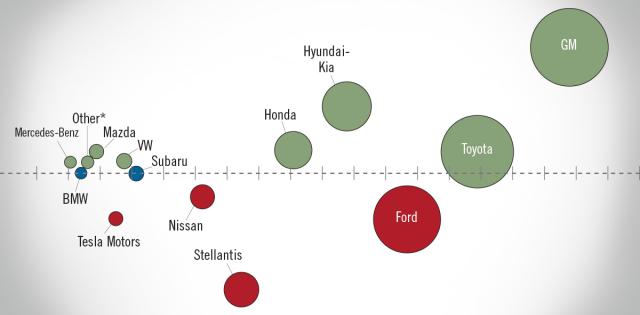Due to the coronavirus, new-vehicle sales have plummeted 34% in March…hundreds of showrooms are dark, with 22 states enforcing restrictions on in-person sales…and many businesses have shuttered under numerous shelter-in-place measures. Under these circumstances, dealers are rightly turning to online sales. But whether this process is familiar or entirely new, there are some legal and regulatory issues to keep in mind. NADA’s Lifeline Series webinar, Legal and Regulatory Implications of Online Sales: What Dealers Need to Know, presented by Brad Miller, NADA Senior Counsel of Digital Affairs, and Aaron Jacoby and Russ McRory of Arent Fox, tackled these issues.
A dealership’s ability to sell a vehicle during this time depends on respective state and county stay-at-home orders. Miller advises that all dealers check with their legal counsel or state dealer association to make sure the following are allowed under state laws and regulations: online sales through your website; remote selling via technology; and offsite delivery of vehicles. McRory and Jacoby outlined many of the state and local licensing issues that dealers should consider as they move forward with online sales.
Once you have determined that your practices are permitted, practical considerations must be met. If paperwork is handled online, dealers must develop protocols for the physical delivery of a vehicle to a home or business. Dealers need to consider all implications of E-contracting, and they must ensure that the delivery does not implicate federal or state “Cooling Off” rules. If staff are working remotely from home, it raises new and complex workplace policy issues, data security and safeguarding issues, and other technology challenges. Dealers should confirm that any technology vendor they work with assists in this process, and can meet complicated consumer credit requirements, such as the Electronic Signatures in Global and National Commerce Act (E-SIGN) and the Truth in Lending Act (TILA); it’s important to remember that there will still be some “wet” signatures required in most cases. Employees must be prepared and trained to handle negotiations securely and effectively via email, video conferences and telecommunications.
Marketing must remain compliant as well. Dealers should exercise extreme caution with text messages—even COVID-19-related messages do not have any special exceptions under federal law. It’s vital to steer clear of any coronavirus claims or messaging that could be viewed as false or misleading. Finally, dealerships should take steps to ensure that sensitive consumer communications and information is done in a protected manner. Dealers should be aware of the increase in fraud and identity theft, and they must still verify the identity of purchasers and lessees and meet their obligations under the Federal Red Flags Rule. Miller urges dealers to exercise caution, especially in these times, to prevent identity theft and other forms of fraud.
With employees using new systems and working remotely, unique challenges will arise. Ultimately, this can be a successful way to do business and service customers if dealers check all the boxes and avoid the legal and regulatory pitfalls of online sales.
NADA’s April 15 webinar will be available on the NADA Coronavirus Hub within 24 hours.









